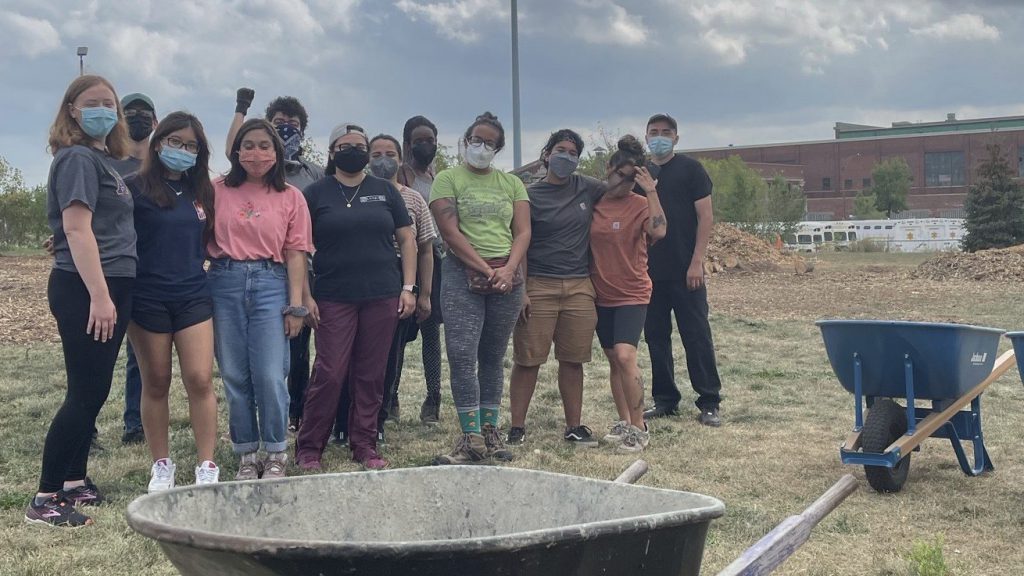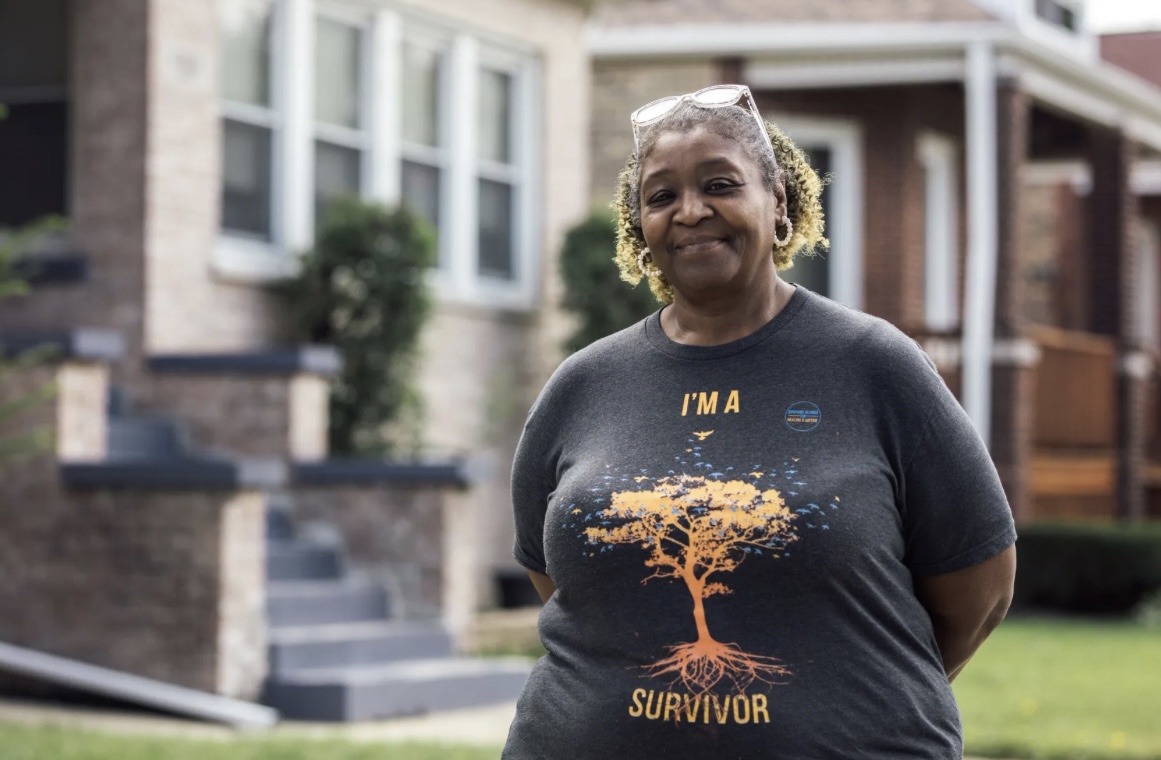The Little Village community is reaping the fruits of an over 20-year long fight for environmental justice with the construction of a farm in La Villita Park.
The farm, which will span 1.3 acres, will include a community fruit orchard, bilingual urban agriculture training in English and Spanish, and a cooperative portion for vendors. The farm will open in the spring of 2022.
Residents of Little Village have said that they would like La Villita Park to have services and programs that respond to the needs of the community. This farm is a product of that feedback.
“We’re building a farm to show the community that we can create these green safe spaces that will cultivate financial, mental, physical, spiritual, and emotional benefits,” group leaders said.
Manny Guzman, a volunteer, is excited for the farm to start cooperative-style jobs such as gardening, land working, and group coordinating, where “everyone is their own boss.”
“What we’re seeing here is a product of years of organizing and talking to Little Village members and figuring out what they want to do with this space that has a history of contamination,” said Gabriel Bergman, a volunteer.
La Villita Park, which opened in Dec. 2014, was previously occupied by Celotex – an asphalt roofing manufacturer that was located at 31st and Albany. This factory polluted the Little Village area for several years.
Community members fought for more than two decades alongside the Little Village Environmental Justice Organization (LVEJO) to remediate the property. LVEJO and residents also lobbied to clean and remediate more than 177 homes in the area.
Little Village has also been one of the most affected communities on the South and West Sides by food insecurity, especially during the pandemic.
LVEJO’s leaders hope that this farm will serve as another useful source for people to enjoy fresh food and learn more about how to eat well.
The people of Little Village are predominantly Hispanic-Latino, and most of the residents are Mexican.
Several of the residents have ancestral knowledge about working and caring for the land.
“The beauty about this farm, the expertise already exists in the community,” Viviana Moreno, a food justice organizer, told Block Club Chicago. “So many people come from [ranches] …there doesn’t need to be a huge effort; people already know how to do it organically.”
“We are reclaiming the land,” Guzman said. “Renovating it and maintaining it for the purpose of being self-sufficient and independent as a minority community.”
LVEJO has been organizing a series of volunteer days at La Villita Park, located at 2800 S. Sacramento Ave. to help build the farm.
Requests for more information or questions about how to get involved can be sent to climate@lvejo.org.
Photo caption: The Little Village Environmental Justice Organization (LVEJO) and several volunteers helped organize a community farm.
Publisher’s Note: This story was first published in Spanish as Organizadores y residentes de La Villita comienzan una granja local para promover un estilo de vida saludable on The DePaulia.

Stephania Rodriguez is one of six fellows in the Journalism Camp: Covering Race, Ethnicity, and Culture sponsored by the Hortencia Zavala Foundation (HZF). The first-in-class free 12-week program led by the Owner/Publisher of the Latino News Network and twice president of the National Association of Hispanic Journalists (NAHJ), Hugo Balta provides practical guidelines for fair and accurate storytelling.
Stephania Rodriguez is a Depaul University student majoring in Journalism and minoring in Latinx Media and Communication. “I believe in providing more transparency in news and elevating voices in marginalized communities and telling their stories,” she said. “I hope to inspire women like me who might often feel like an imposter in their field or who might feel, because of their background, they don’t deserve a seat at the table of humanity.”




